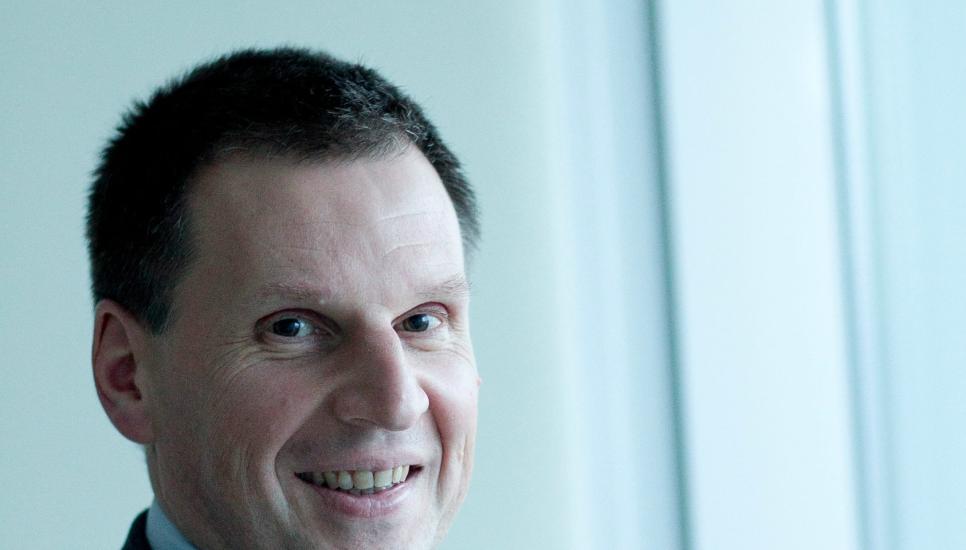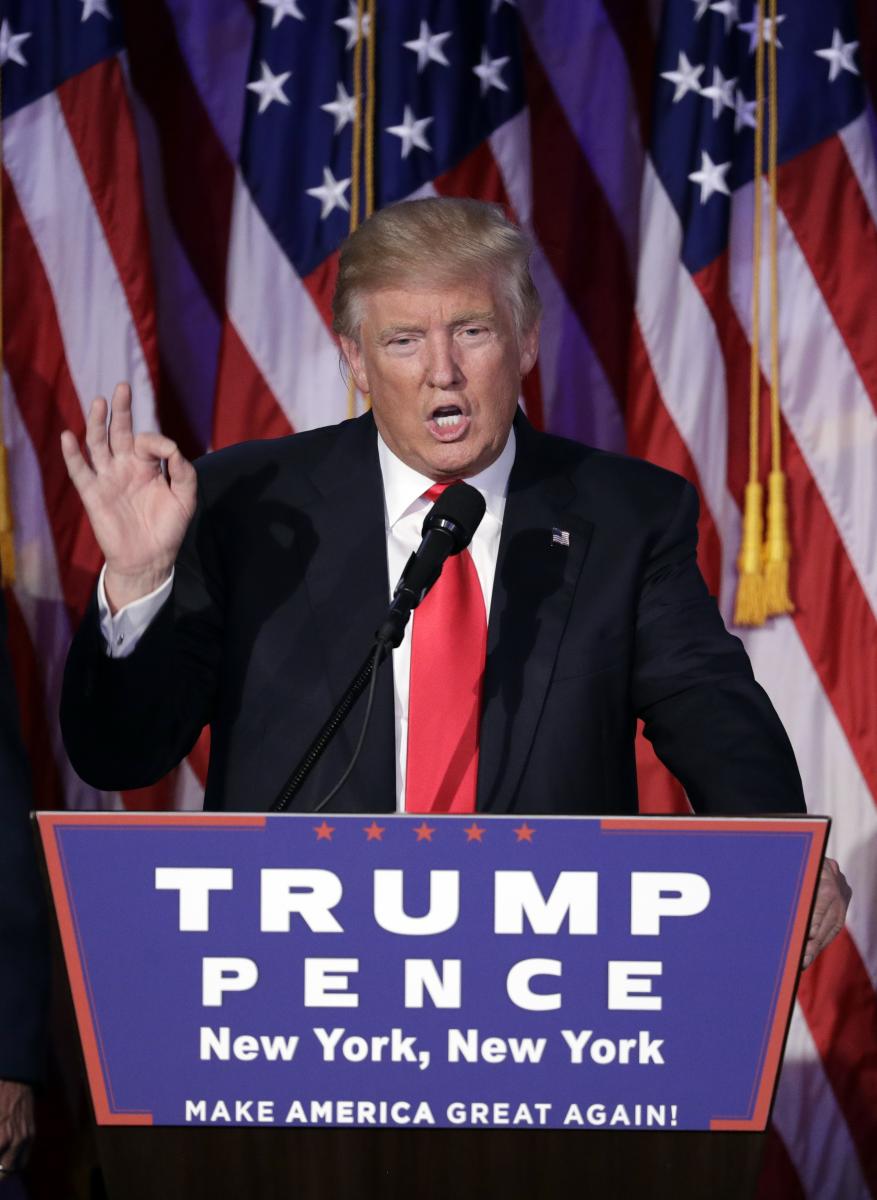Brexit and Trump, the first shocks of regime shifts to come

Donald Trump is an economic Dr Jekyll and a political Mr Hyde whose populist actions will impact any assessment for the future world economy and markets.
The classic split personality tale was evoked when Pictet Wealth Management delivered its outlook for 2017 and beyond in London this week.
Christophe Donay (left), chief strategist, head of asset allocation and macro research, said the election of the billionaire family business patriarch to the White House was an “innovation shock” that, combined with major shifts in economic and monetary policy resulted in a “regime shift” for the world economy and in market returns.
“Trump is Dr Jekyll when you look at his tax rebates, infrastructure spending and so forth, and also Mr Hyde when he thinks about immigration, protectionism and what he said about women,” Donay said.
“What is Trump? Is he an economical animal or more a political animal? This answer is to come in the next six months from now. If Trump is more Dr Jekyll than Mr Hyde, it's positive for economic growth and markets. If it's the opposite, it's the reverse. My guess is, as Trump is a businessman, the framework will be economical within political noise.”
Donay predicted a second innovation shock in the next five years among developed economies, especially the United States. The shock will be felt in transport, biotechnology, information technology, automation, energy and communications but, instead of being disruptive, will create new products and services and will be “the core of everything” for the decade that follows.

However, he warned that the political consequences of populations being impoverished by such shocks would be the election of populist politicians.
“Brexit is for me is the first expression of this rising populism in the developed economies. Trump is the second one and Marine Le Pen could be the third one,” Donay said.
“As long as we underestimate the issues of inequality and impoverishment I'm afraid populism will continue to rise, probably everywhere in the developed economies.”
Pictet forecasted a gradual “normalisation” of inflation and growth across major economies in the coming years, Donay continued.
“Assuming that the effect on overall economic growth of the ongoing innovation shock proves relatively modest, our central scenario for the next 10 years is that real GDP growth will average 2.25% annually in the US (before taking account of Trump policies, as yet unknown), 1.25% in the euro area and 4.5% in China (well below the 8.6% annual rate it recorded in 2008-2015).
“Inflation will remain low by historical standards and will, according to our central scenario, average 2% in the US in the next 10 years and 1.25% in the euro area. By contrast, our central scenario sees inflation rising in China, to an annual average of 3%, half a percent higher than in the previous 10 years.
Donay said the biggest regime shift faced in financial markets in the next decade for family businesses was the trend in bond markets, “because in the past we had a fantastic bull trend in core sovereign bonds delivering 9% returns a year on average and we've had only six negative yearly performances.
“This story unfortunately is over and we have to take into account, of course, this regime shift in core sovereign bonds by trying to diversify portfolios in a different way.”






